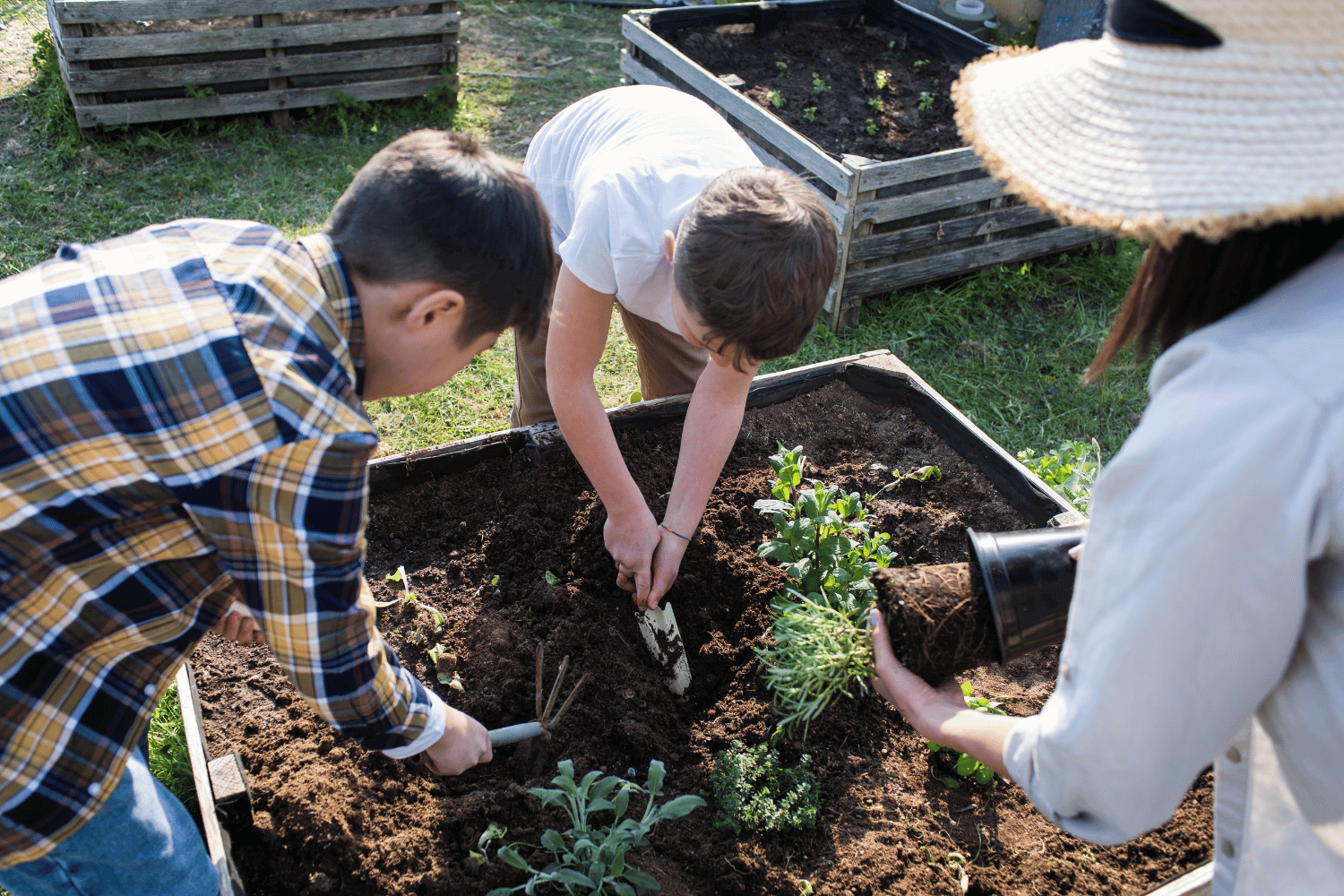Sustainable and Eco-Friendly Practices for Your Flock
Raising chickens in your backyard is a fantastic way to get fresh eggs and enjoy the company of these fascinating birds. But as we become more aware of our environmental impact, many chicken keepers are looking for ways to make their flocks more sustainable and eco-friendly. Whether you're just starting or have been keeping chickens for years, there are plenty of ways to reduce your environmental footprint. From building sustainable coops to integrating chickens into your garden and reducing waste, let's explore how to keep chickens in a way that's kind to our planet.
Building a Sustainable and Eco-Friendly Coop
The chicken coop is the heart of any backyard flock. Designing and building it with sustainability in mind can significantly reduce your environmental impact. Here’s how you can create a green haven for your hens:
Recycled and Natural Materials
Using recycled or reclaimed materials is one of the easiest ways to make your coop more eco-friendly. Old pallets, scrap wood, and even discarded metal sheets can be repurposed into a sturdy and charming coop. Not only does this save resources, but it also gives new life to materials that might otherwise end up in a landfill.
Energy Efficiency
A well-insulated coop helps regulate temperature, reducing the need for artificial heating or cooling. Consider using straw bales or other natural insulation materials. Adding windows or skylights can provide natural light, reducing the need for electric lighting. For those cold Midwest winters, using solar panels to power any necessary lights or heaters is a great sustainable option.
Water Conservation
Install a rainwater collection system to provide water for your chickens. A simple gutter system on your coop's roof can channel rainwater into a storage tank, providing fresh water for your flock without tapping into your household supply. Make sure to include a filtration system to keep the water clean and safe for your chickens.
Integrating Chickens into Garden and Permaculture Systems
Chickens and gardens are a match made in heaven. They can play a vital role in a sustainable garden or permaculture system, offering natural pest control, fertilizer, and more.
Natural Pest Control
Chickens love to eat bugs, and they can help control pests in your garden naturally. Allow them to roam in the garden before planting or after harvesting to eat insects and larvae. Just be cautious during the growing season, as chickens might enjoy your veggies as much as you do!
Fertilizer and Soil Health
Chicken manure is a fantastic fertilizer rich in nitrogen, phosphorus, and potassium. You can compost their bedding and droppings to create a nutrient-rich amendment for your garden. This helps build soil health and reduces the need for chemical fertilizers.
Integrated Permaculture Systems
In permaculture, every element supports the others. Chickens can be a key part of this system. For example, you can use them to till the soil in preparation for planting, or they can help manage weed growth. Their foraging behaviors naturally aerate the soil, promoting healthy plant growth.
Composting Chicken Manure and Waste
Chicken manure is a valuable resource, but it needs to be managed properly to benefit your garden. Here’s how to turn chicken waste into black gold for your plants:
Composting Basics
Fresh chicken manure is too “hot” to be applied directly to plants because of its high nitrogen content. Composting is the process of breaking it down into a safe, nutrient-rich material. Mix the manure with carbon-rich materials like straw, leaves, or kitchen scraps in a compost bin. Turn the pile regularly to aerate it and speed up decomposition.
Using Compost
Once the manure has fully composted (typically 6 months to a year), it can be spread in your garden beds. This compost enriches the soil, promotes plant growth, and enhances the soil’s ability to retain moisture.
Reducing Feed Waste and Recycling
Feed can be one of the most significant expenses in chicken keeping, both in terms of cost and environmental impact. Here’s how to minimize waste and make your feeding practices more sustainable:
Proper Storage
Keep your chicken feed in a cool, dry place to prevent spoilage. Use airtight containers to protect it from pests and moisture. This ensures that the feed stays fresh and nutritious for your flock.
Homemade Feed and Treats
Consider making your own chicken feed from grains and seeds. Additionally, you can supplement their diet with kitchen scraps, garden greens and live or dried larvae (black soldier fly and mealworms are both a viable option). Chickens love a variety of foods, and using leftovers reduces waste and costs.
Foraging and Free-Range Practices
Allowing your chickens to forage in your yard reduces their dependence on commercial feed and lets them enjoy a natural diet. They’ll find insects, seeds, and plants to eat, which is excellent for their health and the environment. Just ensure that they have a safe, secure area to roam, protected from predators.
Embracing a Sustainable Lifestyle
Sustainable chicken keeping is about more than just reducing waste and using recycled materials. It’s a holistic approach that considers the welfare of your chickens, the health of your garden, and your impact on the environment. By integrating these practices into your backyard flock management, you can enjoy the benefits of fresh eggs and happy chickens while contributing positively to our planet.
From building a coop with reclaimed materials to integrating chickens into your garden and composting their manure, each step towards sustainability makes a difference. And as you explore these practices, you’ll find that sustainable chicken keeping is not only good for the environment but also incredibly rewarding and fulfilling.
So, gather your materials, plan your garden, and let your chickens help you create a greener, more sustainable backyard. Your flock—and the planet—will thank you!

